The Grade 10 Marine Science Camp, organized by NRF-SAEON, offered learners a dynamic and hands-on exploration of marine science at the Willows Resort in Port Elizabeth, the programme combined fieldwork, technology, and collaborative projects to deepen learners’ understanding of marine ecosystems and scientific research.
The camp began with an engaging introduction to marine science, including a tour of Ocean Sciences facilities and a visit to the planetarium. Learners were introduced to iNaturalist, a platform for biodiversity documentation, and applied their new skills by venturing outside to identify and record local species. This activity emphasized the importance of observation and technology in ecological studies. The day concluded with an interactive Kahoot quiz and a biodiversity survey grid, which helped learners to improve observation skills and species recognition.
On the second day, the focus shifted to practical fieldwork. Learners embarked on a boat trip to the harbour and visited Schoenies, where they collected data on rocky shore ecosystems. This hands-on experience allowed them to study marine biodiversity first hand and understand the methods used in environmental research. Back at the resort, they analysed their data using Excel, turning raw observations into meaningful insights. The afternoon included a creative session on Gyotaku, the traditional Japanese art of fish printing, which connected art and science. Later, learners worked in groups to prepare PowerPoint presentations based on their findings, fostering teamwork, research and communication skills.
The final day was dedicated to presentations, where learners presented their research and reflected on their experiences. This camp successfully combined scientific inquiry with creativity and collaboration, leaving learners with a deeper appreciation for marine science and its real-world applications. The integration of technology, fieldwork, and presentations ensured a well-rounded educational experience, aligning with broader goals to inspire future innovators in science and conservation.


